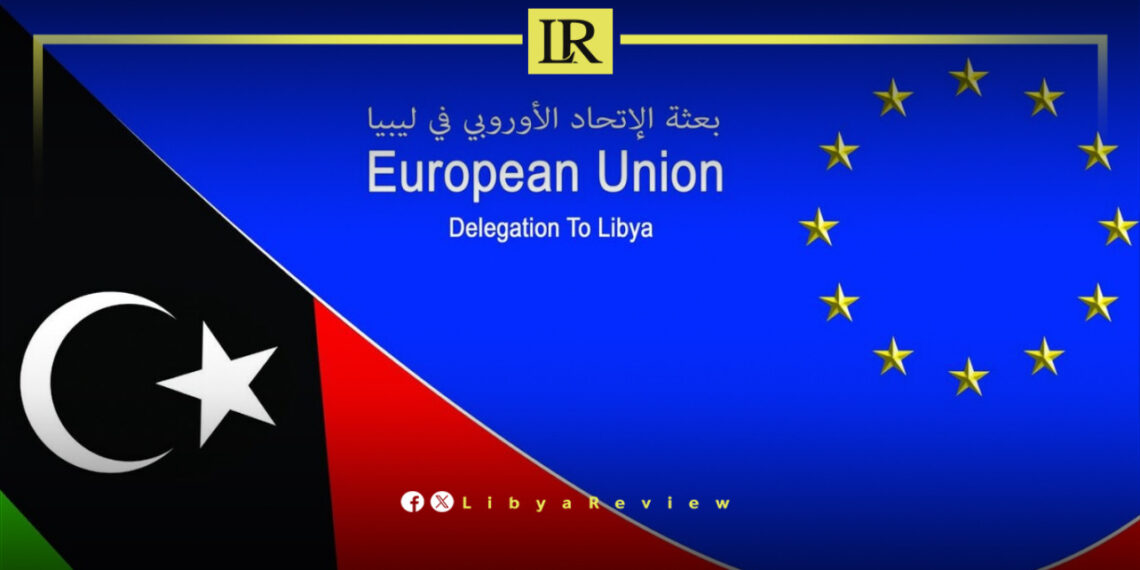On Monday, the co-chairs of the Economic Working Group (EWG) under the Berlin Process reiterated the urgent need for a unified budget in Libya to address the country’s financial and economic instability.
These remarks came during a meeting hosted by the European Union Delegation to Libya in Tripoli.
The meeting focused on measures to stabilize Libya’s economy and reduce the financial risks stemming from political and institutional fragmentation. EU Ambassador Nicola Orlando, speaking on behalf of the co-chairs, emphasized their collective commitment to helping Libyan stakeholders confront these critical challenges and create a more stable economic foundation for the country.
The Economic Working Group, which includes representatives from Egypt, the European Union, the United Nations, and the United States, plays a key role in coordinating international support for Libya’s recovery. Its efforts aim to encourage cooperation among Libya’s rival institutions to ensure effective governance and equitable management of resources.
The June meeting of the group highlighted similar priorities, focusing on reviving initiatives to strengthen economic stability and create opportunities for Libyan citizens. Sunday’s meeting in Tripoli reaffirmed these goals, with a particular emphasis on the importance of implementing a unified national budget.
Libya’s political divisions have long hindered the establishment of a unified budget, leading to fragmented fiscal policies that exacerbate economic instability and limit access to public services. A unified budget is seen as a critical step in addressing these challenges by promoting financial transparency, reducing corruption, and ensuring the equitable allocation of resources across the country.
International stakeholders, including the members of the Economic Working Group, have repeatedly stressed the importance of financial reforms in Libya. These include unifying the Central Bank of Libya, ensuring transparency in oil revenue management, and prioritizing infrastructure development to support essential services like energy and healthcare.
The unified budget initiative aligns with broader international efforts to stabilize Libya, which remains heavily reliant on oil revenues and vulnerable to fluctuations in global energy markets


